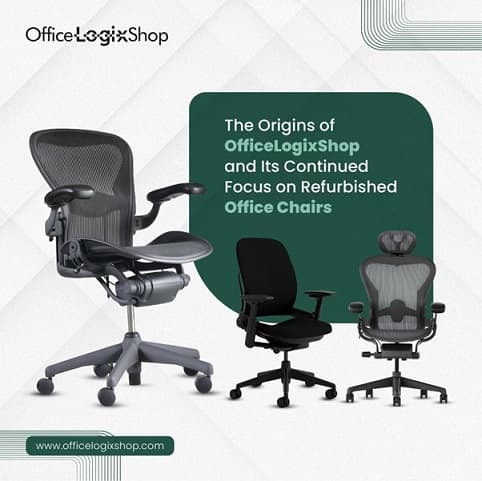
- New research by NOW: Pensions and the Pensions Policy Institute (PPI) reveals that 1 in 3 working single mothers are ‘locked out’ of workplace pension saving
- Single mothers would need to work to age 93 in order to retire with the same amount of pension wealth as a man
- Single mothers are making annual pension contributions of £885 and can expect a pension pot at retirement of £48,033, compared to UK average of £85,362
This Single Parents Day (21st March 2023) new research reveals that 1 in 3 of all working single mothers are ineligible for a workplace pension under current auto enrolment rules despite over half (59%) being employed. Consequently, working single mothers have missed out on over £852m in pension savings since the introduction of auto enrolment in 2012.
Since it was introduced, auto enrolment has transformed how millions of people in the UK save for their pension. Yet for far too many in our society, a comfortable retirement remains out of reach, usually through no fault of their own.
The research, conducted by NOW: Pensions, the pension provider for almost 2 million people and the PPI shows that there are currently over 1.59 million single mothers in the UK, but only a fraction are saving into a workplace pension. Of those single mothers who are eligible for workplace pensions, they will be saving an average of £885 per year into their pension, compared to the UK average of £1,573.
The number of single mothers working part-time is at 54% compared to the UK average of 21%. The high proportion of part-time workers means that they might not meet the eligibility criteria as pension saving is only triggered once earning £10,000 in a single role. Therefore, single mothers are not only missing out on a workplace pension, but vital employer contributions too.
In comparison to single fathers, the startling statistics reveal that single mothers may have to work an additional 28 years (until age 93) to retire with the same amount of money as a man. Whereas, single fathers may only need to work an additional 3 years to age 68.
The data reveals that over a 40-year career, (assuming no career breaks), single mothers will reach retirement with a private pension income total of £48,000. Yet, the PLSA’s retirement living standards suggest an income of £12,800 per year is needed for a ‘minimum lifestyle’. A woman retiring at age 65 can expect to live for another 22 years*, meaning that they face significant pension poverty.
Childcare and the juggle struggle
Stats published by the TUC on 10 March has revealed that the average full-time nursery place is now almost £15,000 per year, with 1 in 4 parents saying the cost of childcare is now MORE THAN 75% of their take-home pay.
Research published by single parent charity, Gingerbread, highlights that whilst there has been an increase in jobs being advertised with flexible working, 7 out of 10 jobs are still not suitable. As a result, there is a growing trend for single mothers to seek ‘fully flexible’ working and zero-hours contracts.
Victoria Benson, Chief Executive of Gingerbread, the charity that supports single parents said:
“We already know that too many single parents are locked out of quality work and it’s devastating to see they are also likely to be locked into pension poverty. More needs to be done to better support single parents throughout their working lives and beyond. It’s not right that such a large section of our society will continue to experience hardship well into retirement simply because they parent alone.”
NOW: Pensions are supportive of the Private Member’s Bill to increase pension saving for single mothers
The Department for Work and Pensions (DWP) has backed MP Jonathan Gullis’ Private Member’s Bill on plans to expand auto-enrolment. The bill, seeks two extensions to auto enrolment, abolishing the lower earnings limit for contributions and reducing the age for being automatically enrolled to 18.
If single mothers could pay into their pension on the very first £1 of earnings, they would increase their annual pension contributions to £1,385 (+56%) which means over a 40-year career they could have a pension pot of £75,125.
Samantha Gould, Head of Campaigns at NOW: Pension commented: “As a working single mother myself, I know all too well that the cost of childcare is a huge obstacle for single-parent households. Working single parents must juggle work and caring responsibilities meaning that they are more likely to reduce their working hours or stop working altogether”.
“Through no fault of their own, too many single mothers are locked out of the auto enrolment system, unable to earn enough to put money aside for later so find themselves on the wrong side of a growing pension savings gap. We must ensure that everyone has an equal opportunity to save for their futures and build an adequate savings pot for later in life.”


